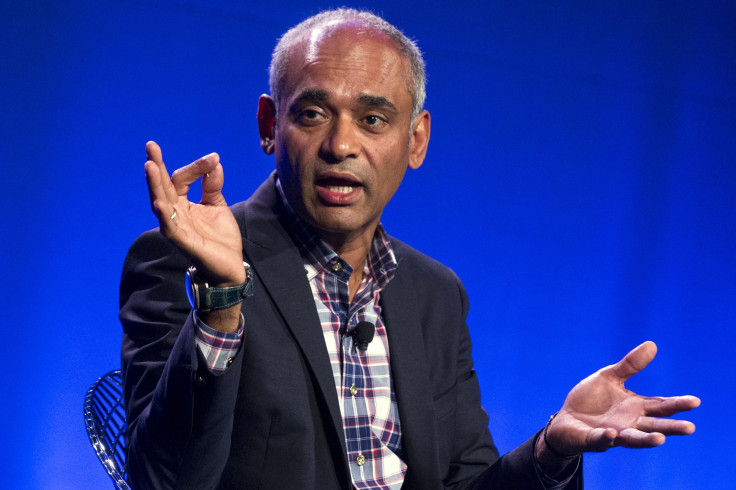Rebirth of Aereo? Web TV Startup Asks Federal Judge For Permission To Become Cable TV Company

Aereo Inc., the startup that attempted to transform the pay-TV industry, now wants to join it. The company asked a federal judge to allow it to resume business and operate like a cable-TV company, according to a filing.
The U.S. Supreme Court ruled Aereo violated TV broadcasters copyright through its service, which pulled free over-the-air signals and delivered them to subscribers for an $8 monthly fee. That service was geared toward people who wanted to watch broadcast TV on their computers.
The ruling effectively shut down Aereo on June 28, but the New York-based company said in July it planned to retool as a cable company and sent a letter to U.S. District Judge Alison Nathan that argued it's entitled to a "compulsory license." That would mean Aereo wouldn't have to negotiate individually with each network.
But to do any of this, it has to stay in business. “Unless it is able to resume operations in the immediate future, the company will likely not survive,” Aereo said in a federal court filing Friday. “In the interim, Aereo is currently incurring staggering costs without accruing any revenue. The company is figuratively bleeding to death.”
Aereo’s new plan is to play by the pay-TV rulebook, which means paying retransmission fees to broadcasters and presumably carriage fees for cable programming. That would put Aereo in a league with big pay-TV companies like Comcast, Time Warner and DirecTV, which charge upward of $70 a month for basic cable.
Aereo would join a growing list of startups looking to offer packages of pay-TV over the Web, called over-the-top services because they bypass the cable box. But it seems like a longshot give those companies have had enough trouble getting off the ground, and they don't have Aereo's tense relationship with the networks. Then there’s the cost: what’s the proposition for consumers if Aereo costs as much as cable?
Aereo was backed by outspoken IAC chairman Barry Diller, but the company has already written down its investment as a loss.
© Copyright IBTimes 2024. All rights reserved.












